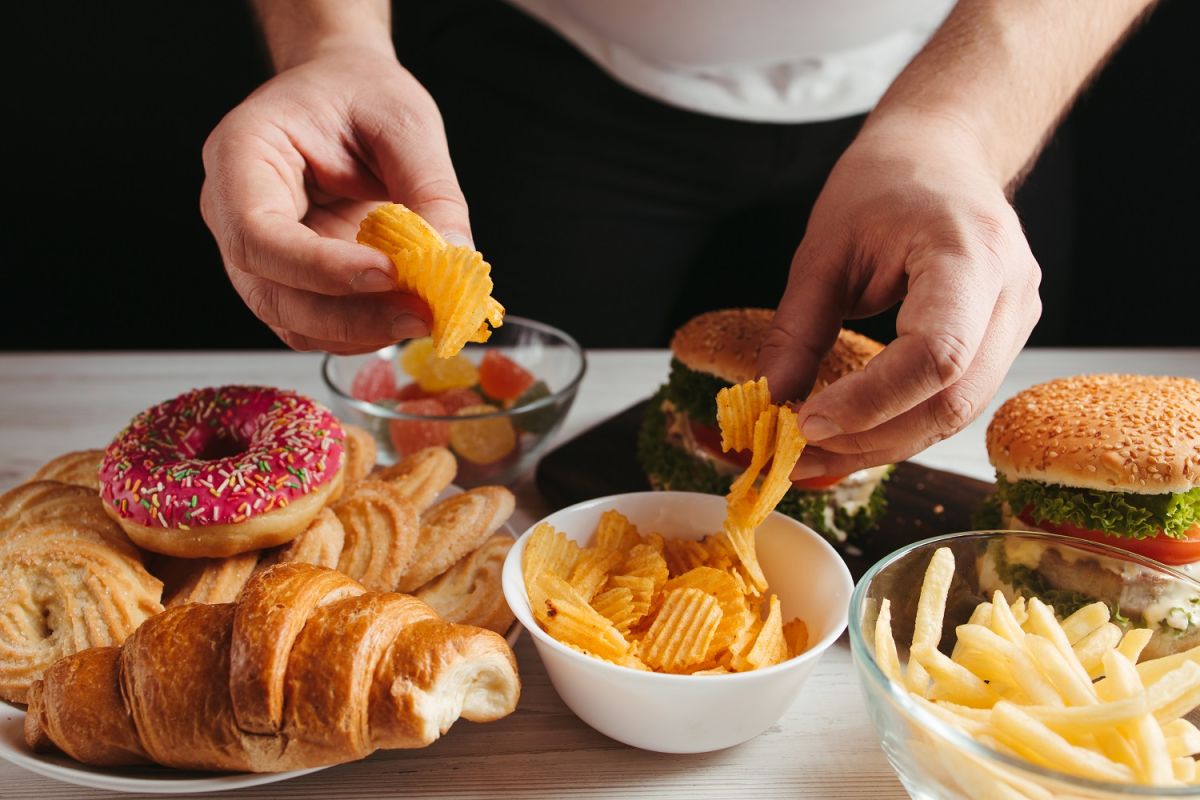Children of parents with alcohol addiction have a higher risk of developing addiction to processed food, according to a new study conducted by researchers at the University of Michigan.
One of every five people appears to show clinically significant addiction to highly processed foods, marked by a loss of control over eating, intense cravings, and an inability to reduce them despite negative consequences, shares the university report.
Parental alcohol addiction seems to be the cause of addiction to processed food in some cases.
Research showed that the addictive responses of people with a family history of addiction did not end with food. People with food addiction were also more likely to have personal problems with alcohol, cannabis, tobacco, and vaping.
The study appearing in Psychology of Addictive Behaviors investigated rates of co-occurrence between food addiction, obesity, problematic substance use and history of problematic alcohol use in parents to understand if an addictive eating phenotype exists.
Diets dominated by Highly processed foods and excessive consumption of addictive substances are the leading causes of preventable death in the modern world, according to researchers at the University of Michigan.

 Highly processed foods often have high amounts of added sugar, salt, and fat saturated. Photo: Shutterstock
Highly processed foods often have high amounts of added sugar, salt, and fat saturated. Photo: ShutterstockA diet rich in foods and beverages highly Processed foods increase the risk of developing cardiovascular diseases and are associated with an increased risk of mortality from all causes.
Highly processed foods are usually poor in nutrients and contain ingredients that, when consumed in excess, can be harmful to health, such as saturated fats, added sugar and salt.
Children of people with alcohol addiction have a higher risk of addiction to highly processed food, alcohol and other drugs.
Consumption of processed foods and weight gain
A study by 2019 from the National Institutes of Health found that people who ate ultra-processed foods ate more calories and gained more weight than when they ate a minimally processed diet.
Ultra-processed and unprocessed meals had the same amounts of calories, sugars, fiber, fat, and carbohydrates, and participants could eat as much as they wanted.
With the diet ultra-processed diet, people ate about 500 more calories per day than on the diet without process. Participants averaged 2 pounds while on the ultra-processed diet per days.
You may be interested in:
–Drink Coca-Cola light daily, what are the possible effects on your body
–What is the worst yogurt option you can buy in the US
–At what age do American adults gain the most weight
